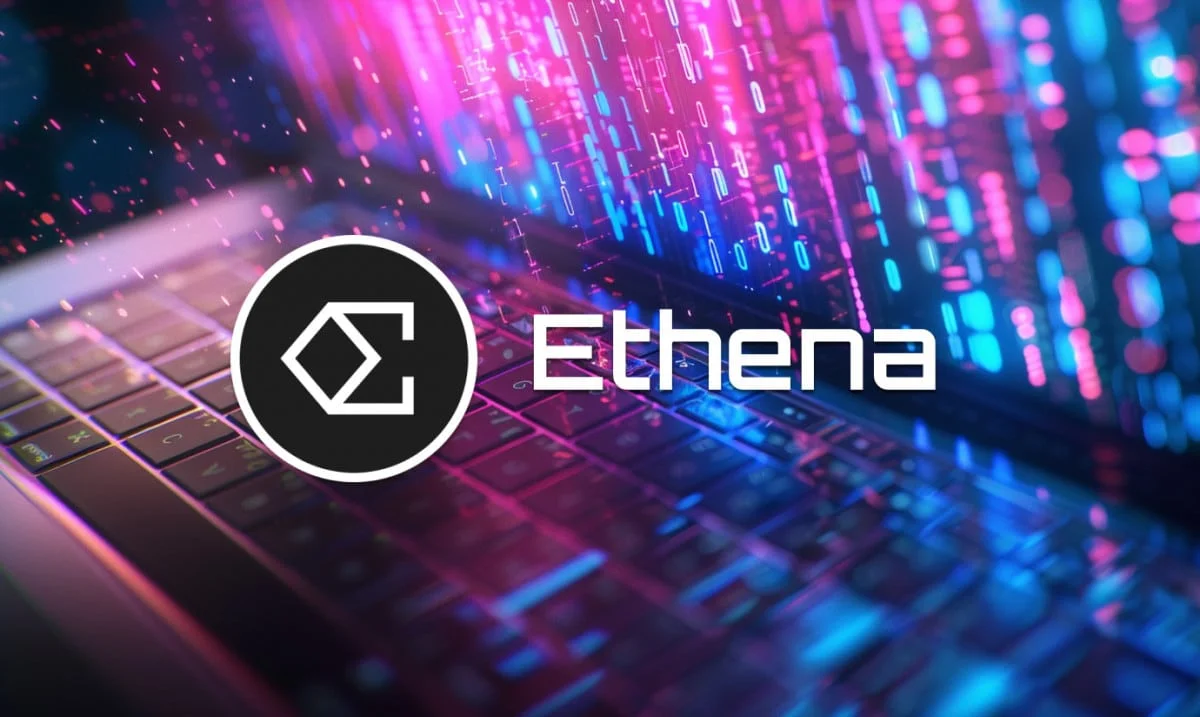Ethena Unveils New Stablecoin with BlackRock Backing
26.09.2024 17:00 1 min. read Alexander Stefanov
Ethena is gearing up to release UStb, a new stablecoin developed in partnership with Securitize, a platform specializing in real-world asset tokenization.
UStb will operate similarly to other stablecoins, with plans to back it by BlackRock’s tokenized USD Institutional Digital Liquidity Fund (BUIDL), which invests in U.S. dollars and short-term U.S. Treasury bills. Since its launch in March, BUIDL has grown rapidly, managing over $522 million, and now ranks as the largest tokenized U.S. Treasuries fund.
The broader tokenized securities market has exceeded $2 billion, while Securitize has facilitated over $950 million in tokenized investments, partnering with companies like BlackRock and KKR.
UStb will be a completely separate offering from Ethena’s USDe stablecoin, which was launched earlier this year and quickly became a top-five stablecoin by market cap.
Unlike UStb, USDe is supported by a mix of crypto assets and relies on derivative strategies, exposing it to risks like market volatility. In August, USDe briefly lost its dollar peg during a market downturn but recovered swiftly.
Ethena plans to use UStb as a buffer for USDe in turbulent markets, allowing the reallocation of assets to stabilize USDe if needed. The company also aims to integrate UStb as collateral on major exchanges such as Bybit and Bitget. In February, Ethena raised $14 million in funding, securing a $300 million valuation.
-
1
U.S. Bank Advises Clients to Drop These Cryptocurrencies
29.06.2025 10:00 2 min. read -
2
Chinese Tech Firms Turn to Crypto for Treasury Diversification
26.06.2025 17:00 1 min. read -
3
FTX Halts Recovery Payments in 49 Countries: Here Is the List
04.07.2025 18:00 2 min. read -
4
What Are the Key Trends in European Consumer Payments for 2024?
29.06.2025 8:00 2 min. read -
5
What Brian Armstrong’s New Stats Reveal About Institutional Crypto Growth
29.06.2025 15:00 2 min. read
Greed Holds as Market Momentum Builds: What is the Market Sentiment
The crypto market remains firmly in “Greed” territory, with CoinMarketCap’s Fear & Greed Index clocking in at 69/100 on July 19. Despite a modest 24-hour dip from 71, the index has now held above 60 for 11 consecutive days.
Top 7 Crypto Project Updates This Week
The crypto industry saw major advancements this past week across DeFi, NFT, Layer 2, and AI-powered platforms.
Peter Thiel-Backed Crypto Exchange Files for IPO
Cryptocurrency exchange Bullish, backed by billionaire investor Peter Thiel, has officially filed for an initial public offering (IPO), marking a major step toward entering the public markets.
Tether Plans U.S.-Issued Stablecoin After Trump Signs GENIUS Act
With President Trump officially signing the GENIUS Act into law, the regulatory landscape for stablecoins in the U.S. has entered a new phase—prompting major reactions from the industry’s top players.
-
1
U.S. Bank Advises Clients to Drop These Cryptocurrencies
29.06.2025 10:00 2 min. read -
2
Chinese Tech Firms Turn to Crypto for Treasury Diversification
26.06.2025 17:00 1 min. read -
3
FTX Halts Recovery Payments in 49 Countries: Here Is the List
04.07.2025 18:00 2 min. read -
4
What Are the Key Trends in European Consumer Payments for 2024?
29.06.2025 8:00 2 min. read -
5
What Brian Armstrong’s New Stats Reveal About Institutional Crypto Growth
29.06.2025 15:00 2 min. read


